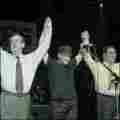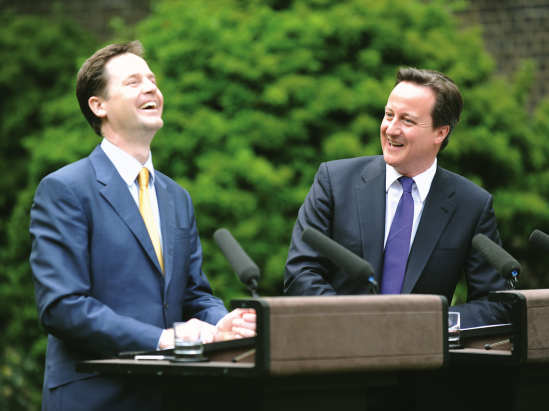PIR Strategic Priorities for 2011 PhD Studentships
The College will soon be deciding its allocation and deadline for research studentships, including internal College awards and those allocated to RHUL from its successful collaborative application for ESRC Doctoral Training Centre status. The Department of Politics and International Relations has now established its strategic priorities for these upcoming studentships. Potential applicants who fit these broad priorities should contact the Director of Graduate Study, Dr Alister Miskimmon, to discuss further. Strong applicants with proposals from other areas of the disciplines of politics and international relations are also encouraged to apply, and if they are very strong, the Department will also consider them for nomination for one of the studentships.
The New Political Communication Unit's strategic priorities are as follows: political mobilization and campaigning; media and security challenges; and the role of the hybrid media system—the interactions between old, new, and renewed media—in political life.
It is likely that the College will call on departments to provide nominees for studentships sometime in March, so applicants who are interested in being considered for studentships should act quickly.
PIR has had great success in securing studentships in previous years, and the Department's track record in producing excellent PhD students is demonstrated in the success of our graduates in the current competitive job market. In the past 12 months graduates have gone on to the following: Secretariat General, European Commission; Lecturer in Japanese Studies, Edinburgh; Lecturer in Media and Communications, the LSE; Lecturer in European Studies, King’s College London; MacArthur Foundation Post-Doctoral Scholarship, University of Sydney; Post-Doctoral Scholarship Vrije University Brussels; Leverhulme Early Career Fellowship at Edinburgh.


